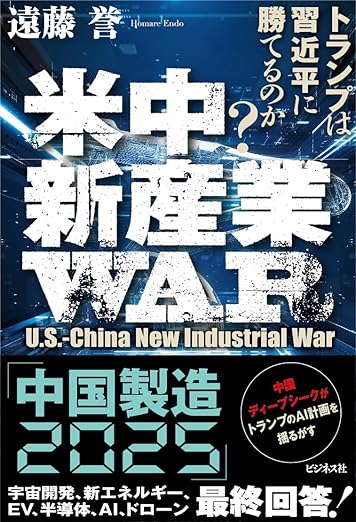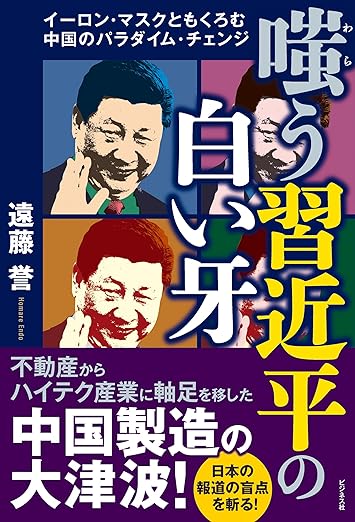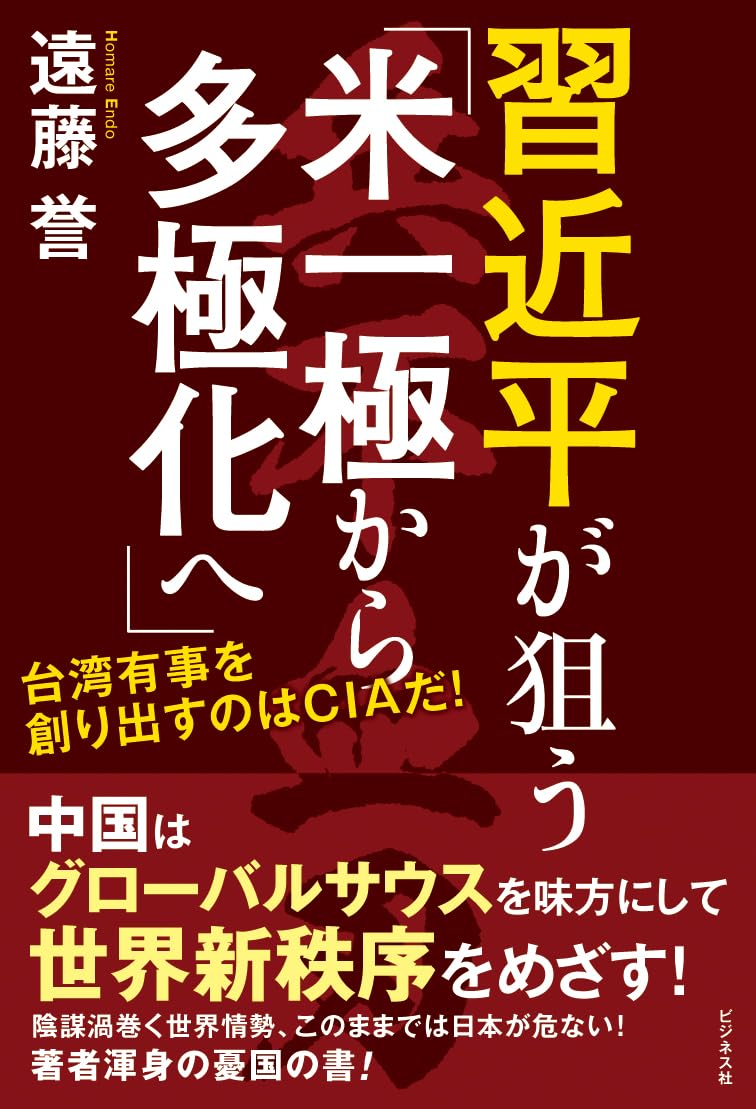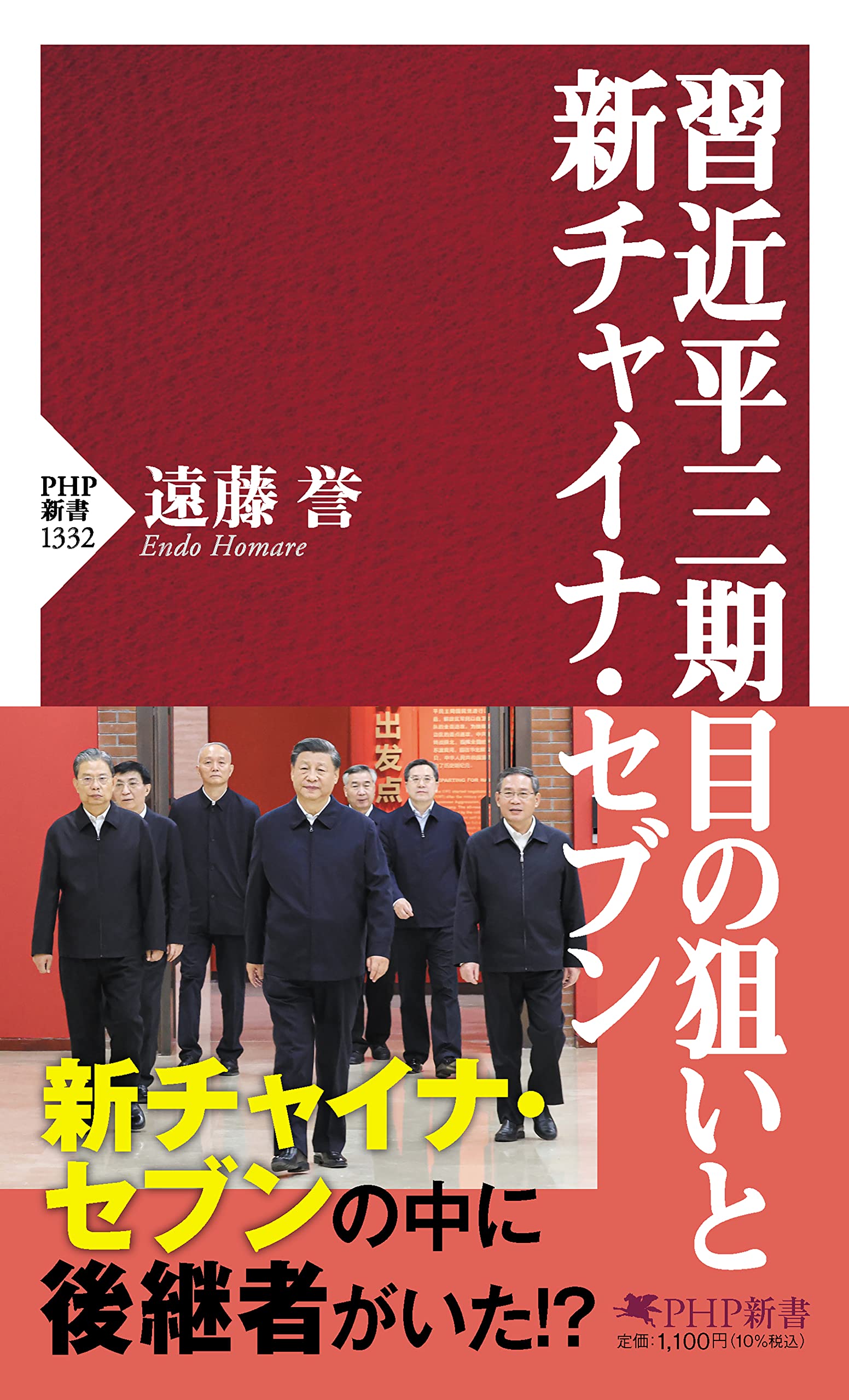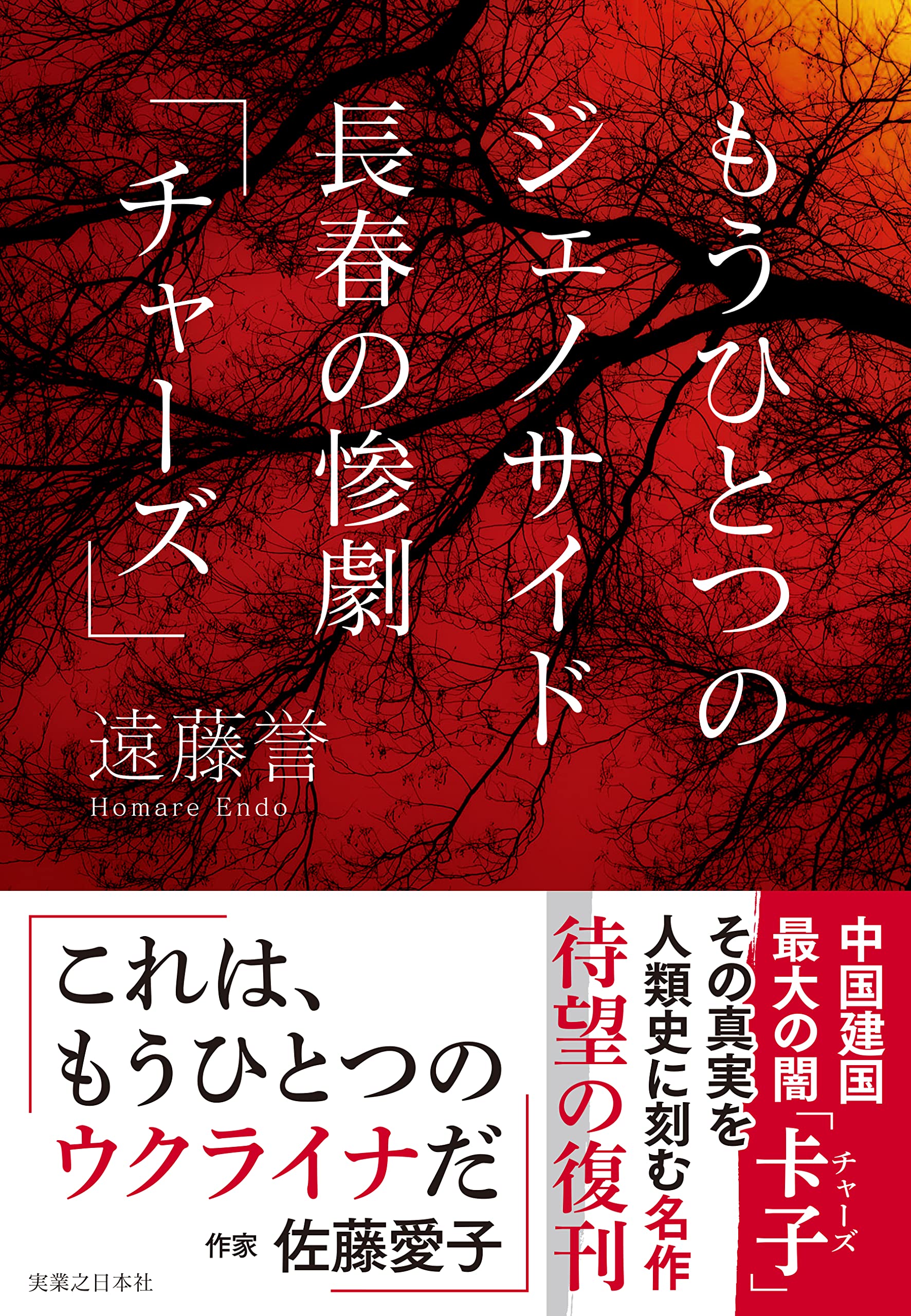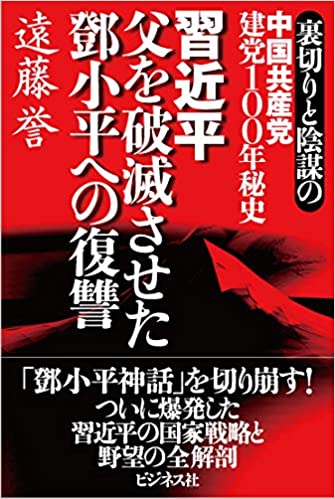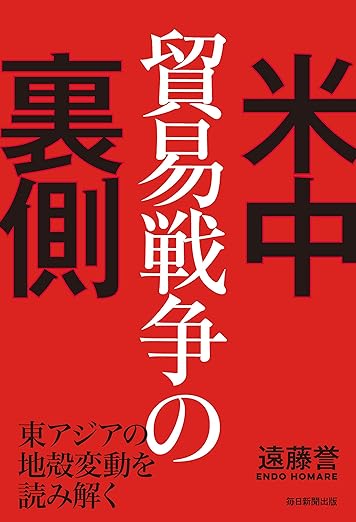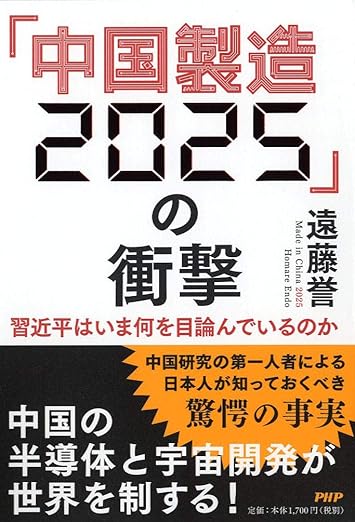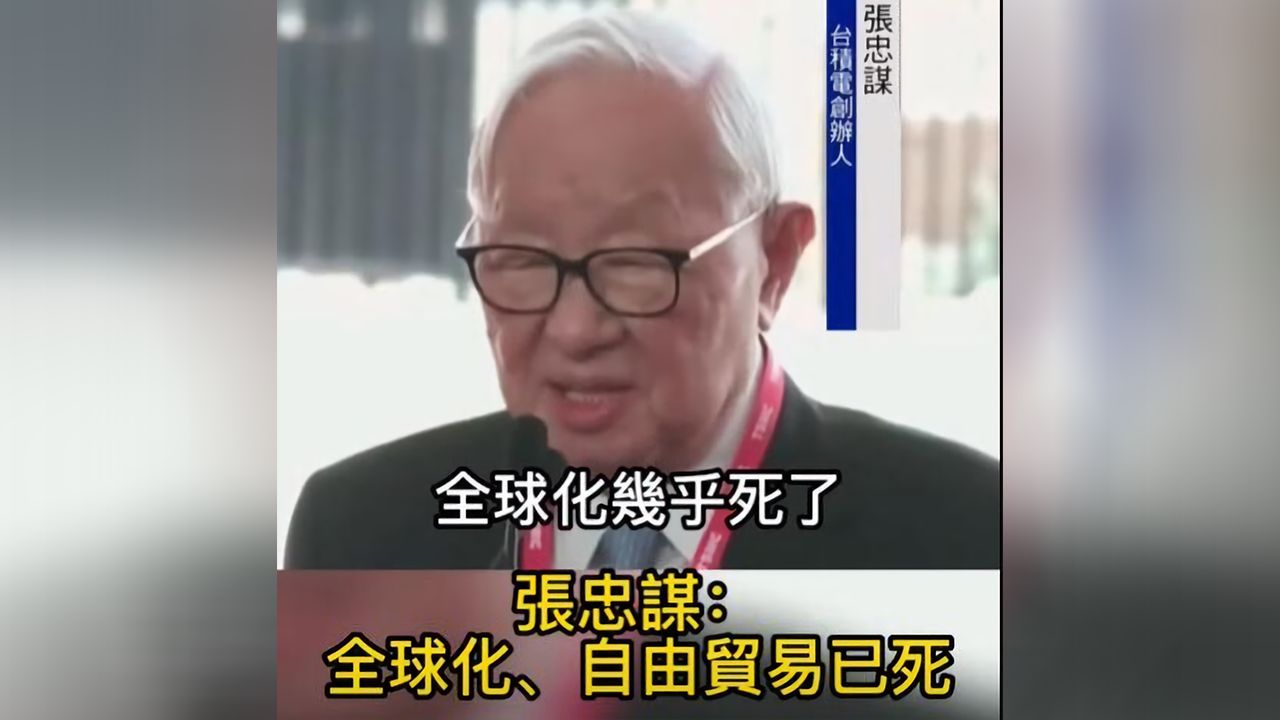
Morris Chang is the founder of Taiwan Semiconductor Manufacturing (TSMC), the world’s largest semiconductor foundry, who proclaimed: “Free trade is dead!” at a ceremony held at the company’s plant in Arizona, U.S. These words of a man who is friendly with Xi Jinping may change the course of world affairs.
◆Daring to Proclaim the Death of Free Trade at a Ceremony Attended by President Biden
On December 6, 2022, TSMC of Taiwan—the world’s largest semiconductor foundry—held a ceremony in the state of Arizona to mark the start of full-scale construction (the second phase) of the company’s Arizona Plant.
As well as President Biden, CEOs of TSMC’s major customers such as Apple, NVIDIA, and Advanced Micro Devices (AMD) attended the ceremony. Representing TSMC were CEO C. C. Wei and founder Morris Chang.
We should pay special attention to the speech by Chang, who followed Biden onto the podium. He spoke as follows (Click here for the full text of his speech)
“We have seen a big change in the world. A big geopolitical situation, a new situation. Globalization is almost dead. Free trade is almost dead. And a lot of people still wish they would come back, but I really don’t think they will be back for a while.
In the meantime, because of the change in political situation [since 1995, when TSMC attempted to build a plant in the U.S. and failed], the new dream [of TSMC], well…it’s the old dream revived, has the help of the U.S. government, the federal government, the state government, the local government.”
Is there any other Taiwanese bold enough to say “free trade is dead” in front of Biden? Moreover, to say this during the ceremony to celebrate construction of the U.S. plant of the company that he founded?
You can watch a video of the ceremony here, but you will find to your surprise that the speech by TSMC’s founder Morris Chang has been cut.
There is an obvious reason for this.
After all, Biden had declared victoriously that “American manufacturing is back” in his speech that day.
There is no doubt that Biden was listening to Chang’s speech.
This is because we have photographic evidence that as soon as Chang spoke the worlds “free trade is almost dead,” Biden exited the stage.
The photograph below is from a video distributed by Hong Kong satellite TV broadcaster Phoenix InfoNews.
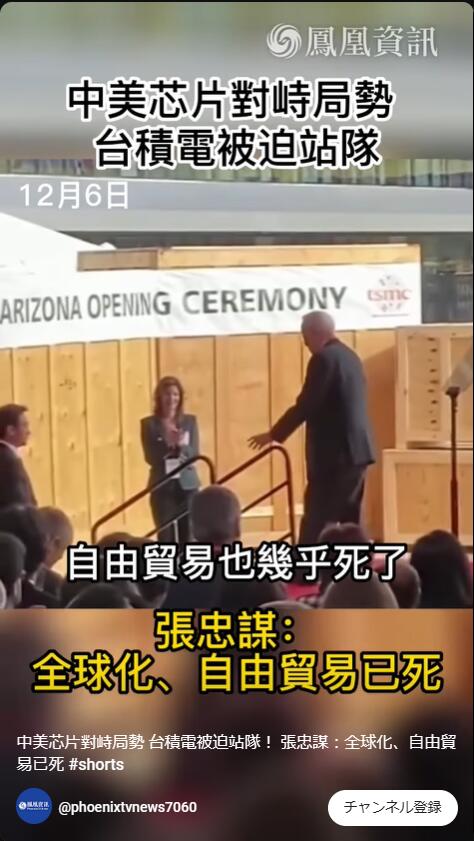
Source: Phoenix InfoNews
Although the speech that followed his had started, Biden did not stay to listen to Morris Chang, but proceeded in the opposite direction from which he came. He then started talking with supporters who were there.
Take a look at the final scene of the video posted above. Even though Chang was speaking, Biden stood in a position that blocked the view of the speaker as he chatted with supporters, and then turned back and left the stage when Chang said free trade was dead.
His behavior seems extremely rude.
After all, who was the ceremony for?
◆Why Did Morris Chang Say That Free Trade Was Dead?
For Biden, the ceremony was not for TSMC, which was investing in the U.S., but a way to capitalize on another person’s occasion to make the victory declaration: “American manufacturing is back.” (In chapter 3 of Shukinpei Sankime no Nerai to Shin China Seven [Purpose of Xi Jinping’s Third Term and the New “China Seven”], by Homare Endo, I have used many tables and graphs to discuss the hollowing-out of U.S. manufacturing.)
Therefore, it is crucial to understand why Morris Chang said that free trade was dead at a ceremony to mark the construction of the U.S. plant of the company that he founded. This is because it could be a signal that foretells the direction world affairs are taking. My discussion requires the understanding of the following objective situations.
- TSMC was to begin building its Arizona Plant on May 15, 2020 at former President Trump’s invitation. However, the project suffered many setbacks and progress was stalled. Semiconductor production equipment finally arrived at the planned construction site in Arizona in December 2022. TSMC therefore positioned the construction of the plant as the second phase of the project and held a ceremony to mark the occasion on December 6, 2022.
- TSMC invested US$12.0 billion in the construction of the Arizona plant in 2020. It has now more than tripled the investment to US$40.0 billion. However, it is difficult to make a profit from manufacturing in the U.S., because costs are 50% higher than manufacturing elsewhere. Chang stated in a podcast interview when he was invited to the Brookings Institution in the U.S. in April 2022 that costs were 50% higher in the U.S., which suffered from a shortage of manufacturing personnel.
- Skilled engineers and workers are essential for sophisticated production. TSMC therefore invited 600 workers whom it planned to employ in the U.S. to Taiwan for training, as well as dispatching 600 highly skilled engineers from Taiwan to Arizona in November 2022. At this time, the U.S. demanded a change in specification from the 5 nanometer (nm) to 3nm process and to target 2nm in 2026.
- The U.S. government has pressured AMD and NVIDIA to procure semiconductors from TSMC’s Arizona plant.
- The big question is, what about Apple? Apple’s CEO Tim Cook is on friendly terms with Xi Jinping. He is a member of an advisory committee based at Xi’s alma mater, Tsinghua University. Apple’s business is firmly rooted in China. Even now, 95% of Apple products are manufactured in mainland China. An image illustrating this point, taken from the article “How Apple Tied its Fortunes to China and Moving its Supply Chain may be Close to Impossible,” is shown below.
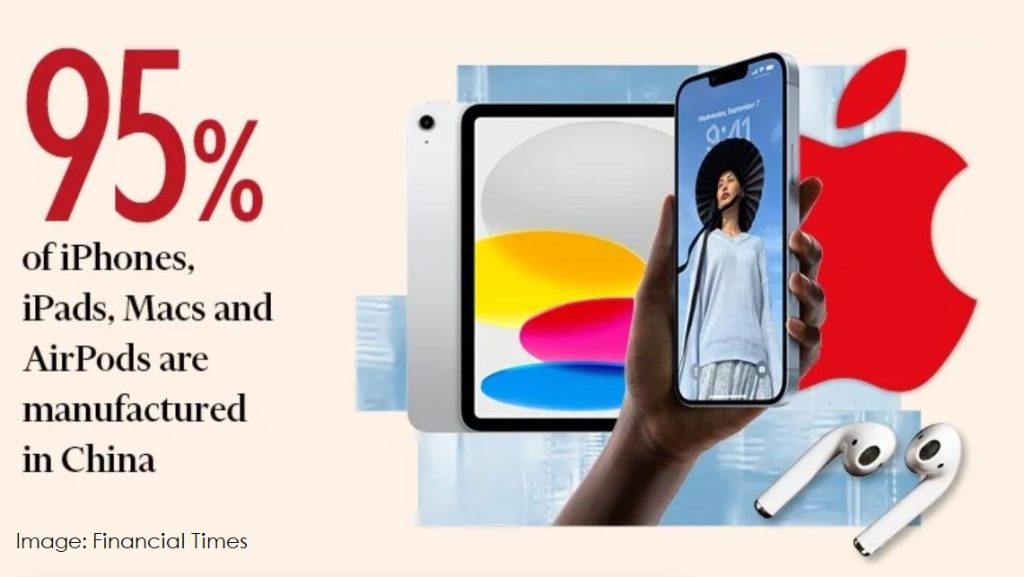
Source: Financial Times
- Why is it difficult for Apple to move its supply chain from China? China has multitudes of skilled blue-collar workers, who work patiently and methodically, without rebelling against orders from their superiors as long as they are paid. The movie “American Factory” (the first made by the production company run by former President Obama and his wife) tells the story of how the U.S. attempts to take back its manufacturing industry, which has been uprooted and relocated to mainland China, by having a Chinese manufacturing company move to the U.S. However, the company almost goes bust because of its American employees’ demands and strikes, and only managed to survive by bringing in big teams of blue-collar workers from China. (When I interviewed former NHK Director-General Katsumoto Momii for the March 2022 issue of Hanada magazine, Momii, who worked in the U.S., assured me that this story was true). In his speech, Chang attributed his past failure [to open TSMC’s first plant in the U.S.] to “cultural problems.” In a study in my own area of interest, I compared the experiences of Chinese students who returned home from Japan, Europe, and the U.S. They replied that their biggest lesson in Japan was patience. Patience is part of the Asian culture.
Chang’s assertion that free trade was dead is expressing his distress that the U.S. government has banned companies from doing business with China and forced them to relocate production facilities to the U.S. Whereas companies should be managed in a way that they make a profit while fulfilling market needs, their actions are restricted by the U.S. government and their plans being forced in a direction to its advantage.
Taiwan’s ruling Democratic Progressive Party (DPP) is reliant on the U.S. and must do as it says. Thus, Taiwan is under pressure to decouple from China.
By saying that globalization and free trade are “almost dead,” Chang was likely expressing his resistance to the U.S., with the utmost restraint.
The pained expression on Chang’s face as he made his speech did not belong to someone celebrating a happy occasion. To me, his words sounded like the silent scream of the oppressed, holding back as much as possible to express words that should not be spoken.
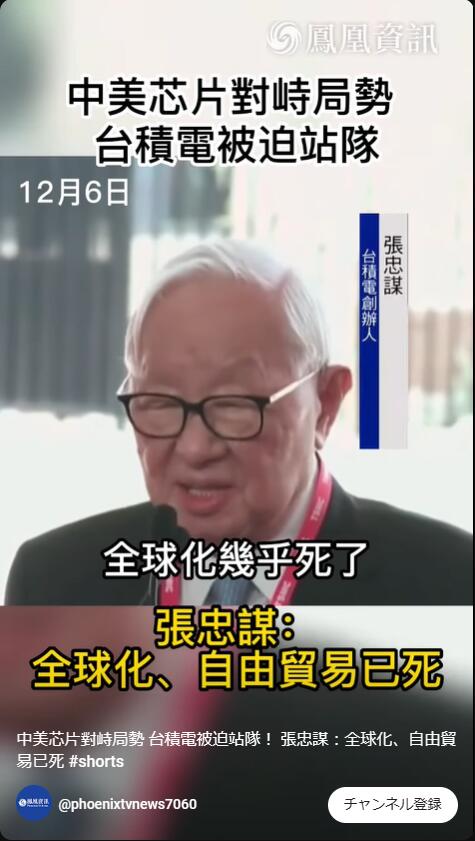
Source: Phoenix InfoNews video
◆Friendly Relationship between Xi Jinping and Morris Chang
In fact, Morris Chang has established friendly relations with Xi Jinping.
Neutral information found in an article entitled “Morris Chang: It was my idea to express my congratulations to Xi Jinping” in the Chinese-language version of the Deutsche Welle (DW) news site is most informative. As noted at the end of Chapter 7 (p. 272) of Shukinpei Sankime no Nerai to Shin China Seven [Purpose of Xi Jinping’s Third Term and the New “China Seven”], Homare Endo), Chang was the only person that Xi sought out at an APEC ministerial meeting in November 2022. Deutsche Welle reports in detail about the press conference after their meeting.
According to the article, Chang said it was his own decision to “congratulate Xi on the success of the 20th party congress.” Chang attended APEC as the representative of Taiwan, and had only been told by Taiwan’s Office of the President “not to avoid an opportunity to meet Xi Jinping if one arises.” Most notable is that Chang stated with a happy expression on his face that the meeting with Xi Jinping took place in a very friendly atmosphere.
Chang also made the following comments at the press conference.
“Xi Jinping remembered that we met four years ago in Papua New Guinea and talked about the occasion. He also remembered that I had a hip operation a year ago and kindly said that I was looking much healthier now. As you can see from this agreeable conversation, the meeting took place in a friendly, respectful atmosphere.”
In Shukinpei Sankime no Nerai to Shin China Seven [Purpose of Xi Jinping’s Third Term and the New “China Seven”], by Homare Endo, I speculated that Xi had sought out Chang, because he wanted to influence the upcoming Taiwanese elections. As I expected, the pro-U.S. Democratic Progressive Party was soundly defeated by the pro-China Kuomintang in Taiwan’s local elections around a week later.
◆Blue-white collaboration—Mayor of Taiwan’s technology center Hsinchu a member of Taiwan’s People’s Party, which is sympathetic to Kuomintang
Unlike the general election, the local elections in Taiwan were not fought over diplomatic relations with China. However, Xi Jinping is moving toward a peaceful union with Taiwan by using the economy to influence public opinion in Taiwan so that it is more sympathetic to China and a military invasion can be avoided.
We note that the mayor of hi-tech city Hsinchu, known for its Science Park, is a leading figure of the Taiwan People’s Party, which is sympathetic to Kuomintang.
Taiwan color-codes its political parties – blue for Kuomintang, green for the Democratic Progressive Party, and white for Taiwan People’s Party. The Taiwanese talk about the possibility of a “blue-white collaboration,” which means a Kuomintang-Taiwan People’s Party coalition government.
If so, what impact will it have on the future of the semiconductor industry, which accounted for 18.8% of Taiwan’s GDP based on 2021 statistics? Taiwan’s semiconductor industry (including TSMC) is concentrated in Hsinchu. The words of Chang, whose company accounts for 7.3% of Taiwan’s GDP, could easily persuade the country’s business community to shake up the balance of power between China and the U.S.
Due to space restrictions, I will save further discussion for the next article.
カテゴリー
最近の投稿
- Internationalizing the Renminbi
- 習近平の思惑_その3 「高市発言」を見せしめとして日本叩きを徹底し、台湾問題への介入を阻止する
- 習近平の思惑_その2 台湾への武器販売を躊躇するトランプ、相互関税違法判決で譲歩加速か
- 習近平の思惑_その1 「対高市エール投稿」により対中ディールで失点し、習近平に譲歩するトランプ
- 記憶に残る1月
- 高市圧勝、中国の反応とトランプの絶賛に潜む危機
- 戦わずに中国をいなす:米国の戦略転換と台湾の安全保障を巡るジレンマ
- トランプ「習近平との春節電話会談で蜜月演出」し、高市政権誕生にはエール 日本を対中ディールの材料に?
- A January to Remember
- Managing China Without War: The U.S. Strategic Turn and Taiwan’s Security Dilemma



